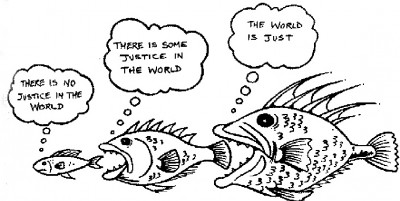The entire FL plot universe in handy .jpg form:

Longpost ahead. The most informative articles I’ve read, both getting a bit vintage:
Alexis Kennedy on ‘love and desire, and what price you’re prepared to pay for them’ in FL:
http://outermode.com/interview-alexis-kennedy-fallen-london-sunless-sea-part-one
First half mechanics and history, second half influences:
http://www.indieorama.com/failbetter-games-interview-alexis-kennedy-hanna-flynn/
(The lore links on this one are all interesting but I’m going to pick out ‘why the unterzee eats ships?’as especially worthy of a read.)
As the second article mentions, FL is not what you’d predict to evolve from something envisaged as a competitive word-predicting game based around Twitter, mostly because it’s not buttock-clenchingly awful in every conceivable way.
At times I get the odd sense that FL must be referencing most of the weird fiction authors I’ve ever read, from Aickman to Zelazny. But some things (like the pursued Mysterious Box of unknown content, or not reading the small print on immortality deals) have been generic for millennia. Two writers we can be pretty sure about:
Jack Vance, who died in 2013 and has an in-game memorial card, A Disgraceful Spectacle. Nods to his Dying Earth litter the Neath, from the strangely chill attitude of Londoners to their current predicament, to the rotten things that happen to peoples’ eyeballs. In early content, the PC definitely comes across as a Vance-type antihero who swindles, steals, seduces, and comes a cropper frequently – this is less prominent as play progresses.
Jorge Luis Borges, licensed dealer in Dreamtigers, mirrors, labyrinth plans, memberships of cryptic clubs, and Hidden Names of God (names may be hidden in the fur of big cats, no refunds for the allergic). Seekers of the Name may like The Zahir, a story about a terrifying obsession. If the last thing on the list of forms the Zahir has taken is a coincidence, it’s a very neat one.
[quote=Anne Auclair]While I’m pretty sure any resemblance to a specific philosopher is accidental, the astral piety of Platonic cosmology seems a definite influence ("descent and ascent of the soul," "return to the source," "as above, so below").
edited by Anne Auclair on 4/11/2017[/quote]
There’s one philosophical tie-in that’s very probably coincidental, but made me smile: there was a philosopher called Meinong, active around the turn of last century, who insisted that things that can be referred to must have some existence, even if they’re not real. The place inhabited by all these is-not entities got nicknamed Meinong’s Jungle. But I have a feeling that its true name is Parabola.
edited by Vexpont on 4/13/2017
